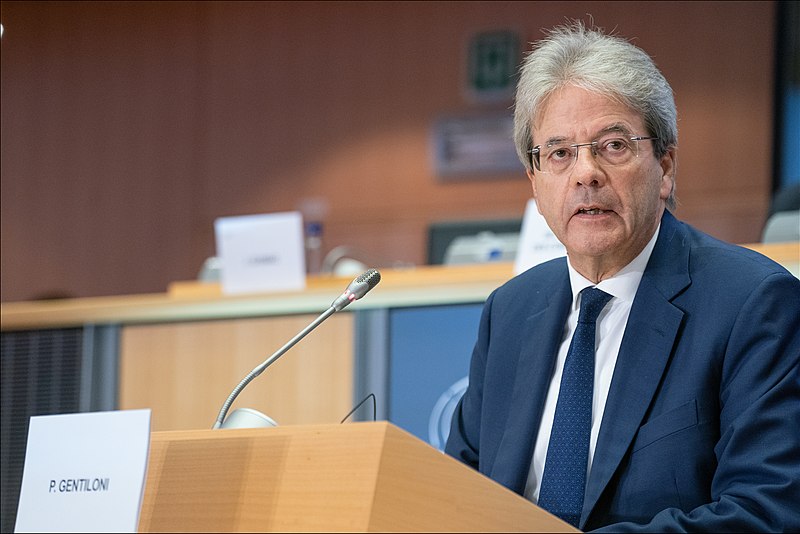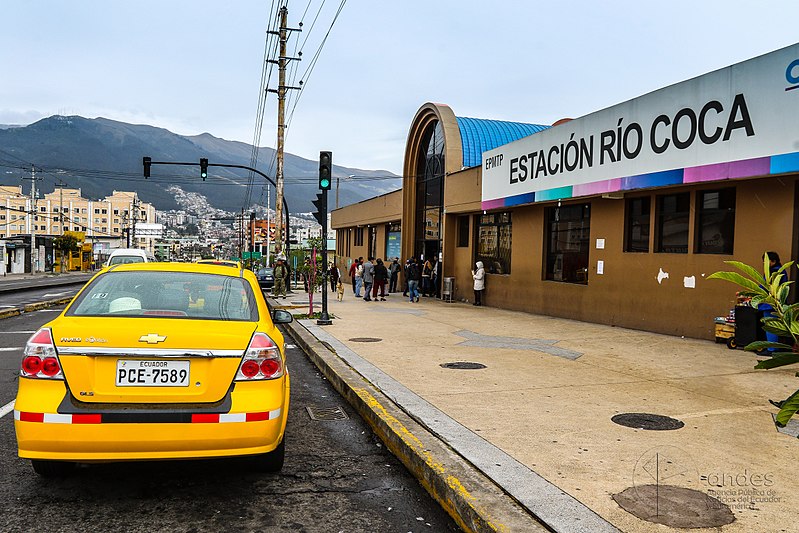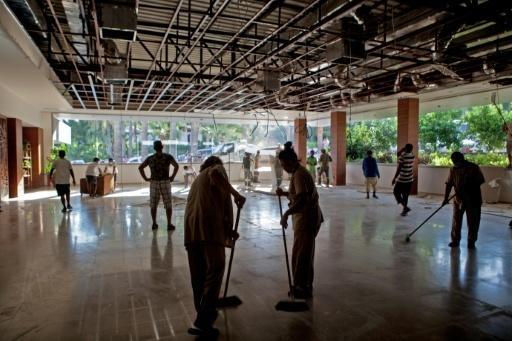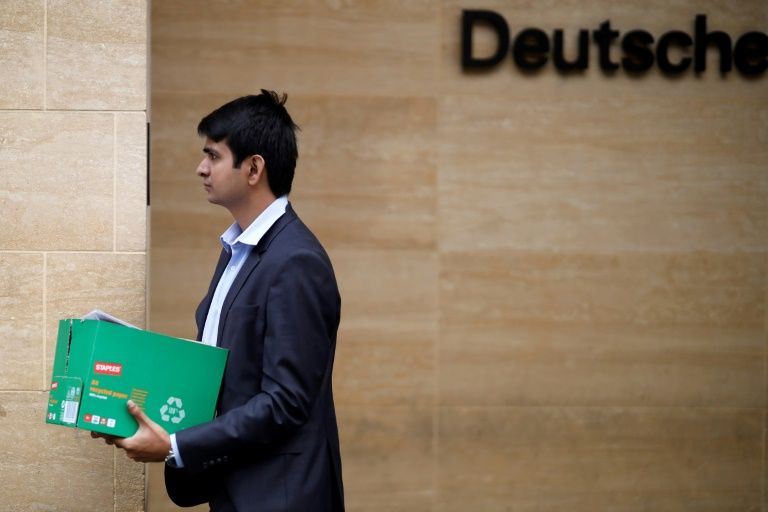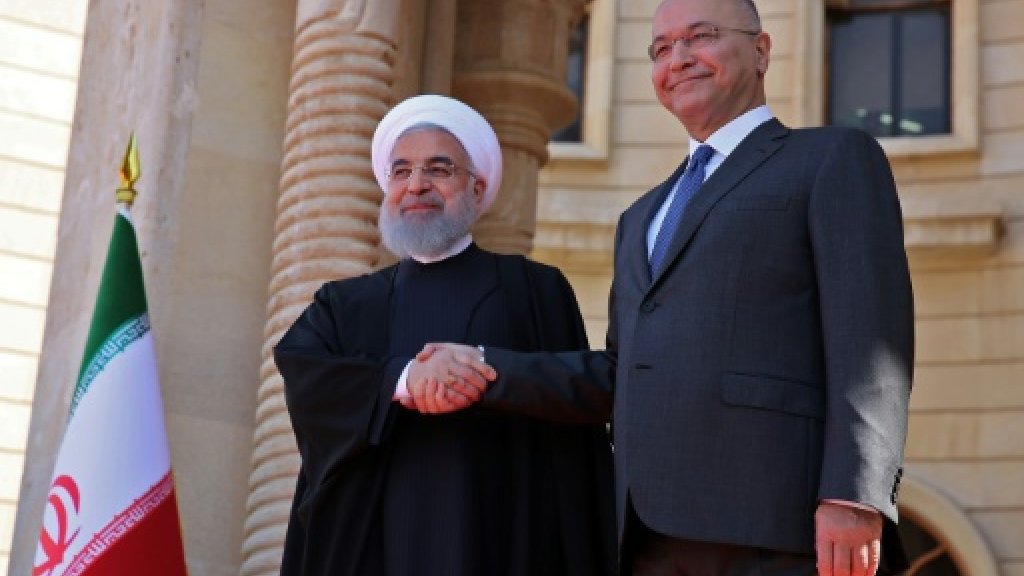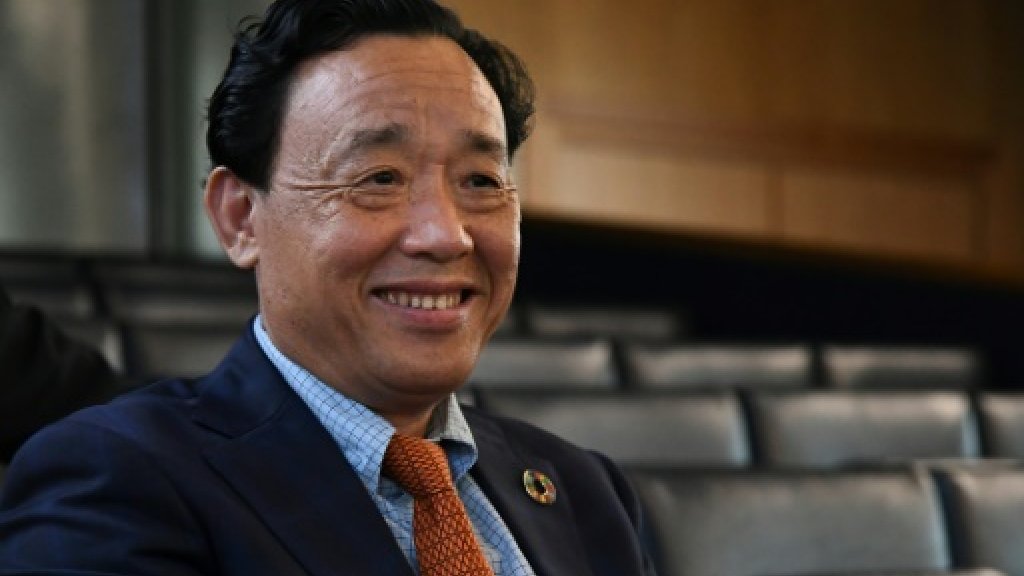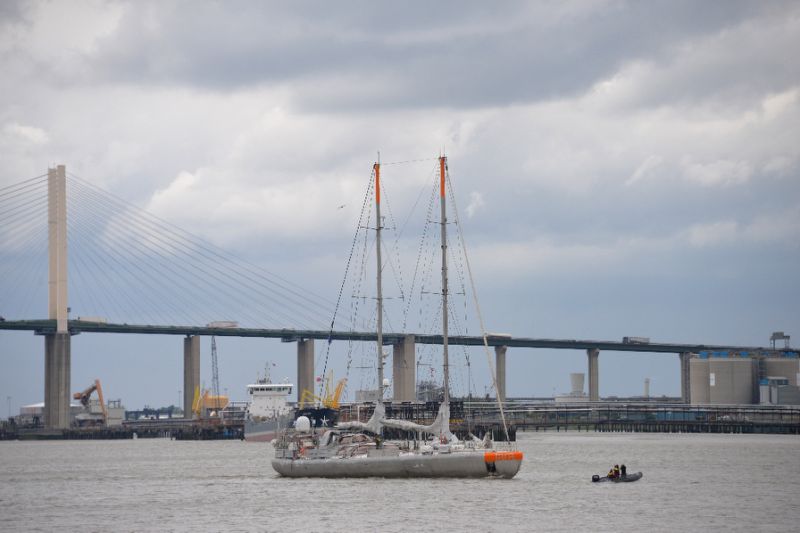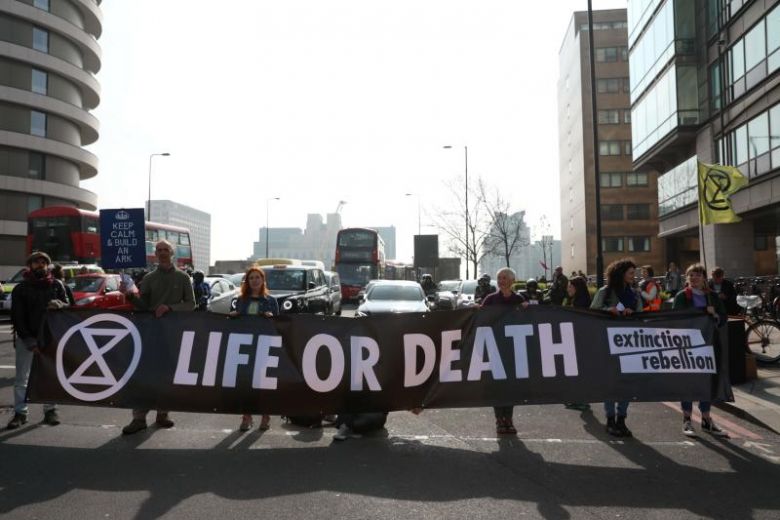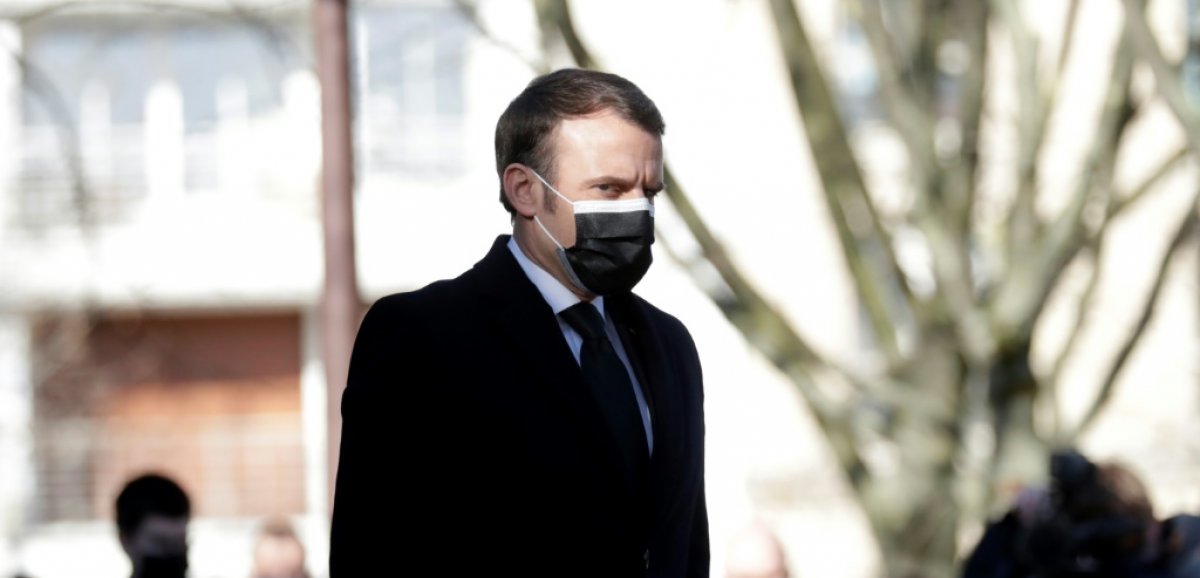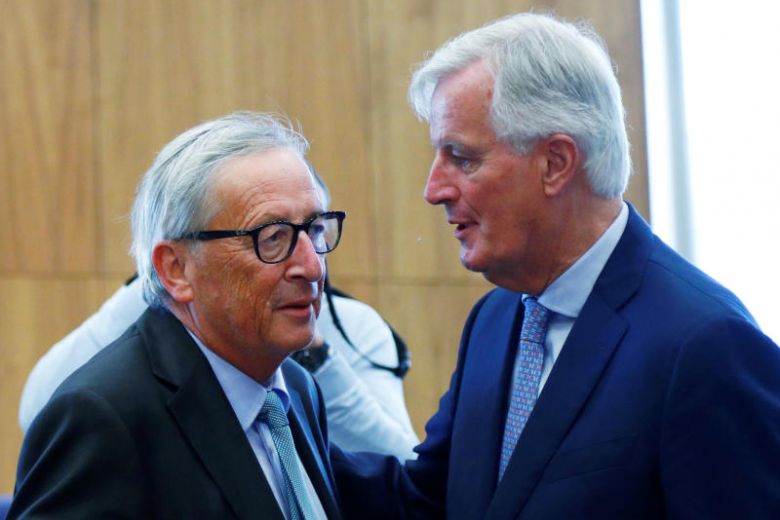
The European Union is freeing up €780 million (S$1.19 billion) in emergency funds to cope with the impact of a possible no-deal Brexit on member states, officials said
on Wednesday (Sept 4).
Most of the money - nearly €600 million - is to come from a disaster fund called the Emergency Solidarity Fund usually used to respond to natural disasters such as floods and earthquakes.
The rest is to come from the European Globalisation Adjustment Fund, which helps workers made redundant by globalisation.
The contingencies were outlined in a European Commission statement on Wednesday as Britain descended deeper into political disarray because of ever-starker divisions over Brexit, particularly within the ruling Conservative party.
EU officials later detailed the breakdown of the money from the two funds.
They stressed that beyond the €780 million figure, more cash could be available to mitigate the effects of an abrupt Brexit from other funds, for instance budgeted cash for fisheries and agriculture.
But he emphasised the Brexit purpose for the funding was a "one-off", designed to help business in affected EU states survive a Brexit blow, keep workers employed and to bolster border checks and the hiring of customs officers.
Among the EU countries expected to be most impacted by an abrupt no-deal Brexit are Ireland, Germany, the Netherlands, Belgium, France and Denmark. Members with less economic heft, such as Poland, the Czech Republic and Hungary would also be affected.
"We will ask the member states if they want to apply (for Brexit money from the fund) by a deadline, which will be at the end of April next year when all the applications will be assessed as a package," the official said.
Another official cautioned that the contingency money would only be provided "for the most significant disruption".
She added that "some economies will be more exposed than others" and analysis for funding would be made on a "case-by-case" basis.AFP

